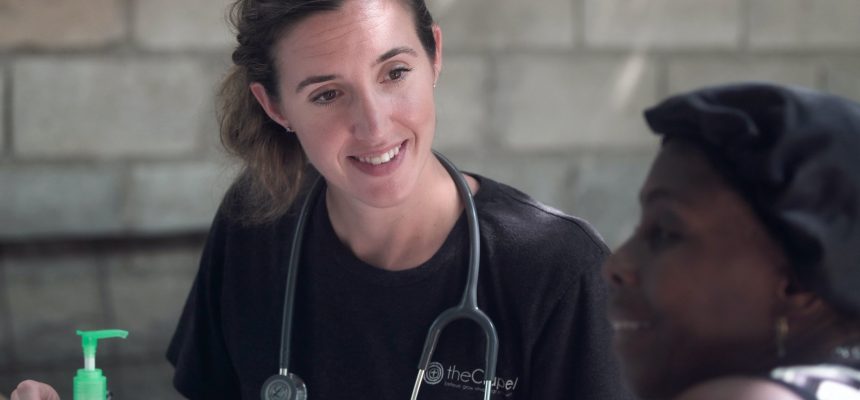UArizona-Banner Partnership Launches Program to Increase Minority Representation in Health Research
By Consumers For Quality Care, on March 9, 2022

A partnership between the University of Arizona and Banner Health has launched the All of Us Research Program to allow researchers to better address health disparities in underrepresented populations.
According to the Centers for Disease Control and Prevention (CDC), Black Americans are 1.7 times more likely to die from COVID-19 than non-Hispanic white people. While research will help us better understand these disparities, health research is incomplete when certain communities are not included. Black Americans and other underrepresented groups have been historically excluded from some research and even exploited in others.
“Research has shown that African Americans are underrepresented in clinical trials and health research. When people are left out of research, doctors know less about how diseases and medication impact them,” said Angela Allen, PhD, co-chair of the All of Us Research Program University of Arizona-Banner Health Participant Engagement Board.
“The All of Us Research Program is working to amend this underrepresentation by building one of the largest and most diverse databases that researchers can access to study how genetics, environment and lifestyle affect our health,” Allen said.
The All of Us Research Program is inviting participants to join researchers looking for answers to some of the community’s toughest health questions. Almost 50,000 people in Arizona have shared their health data to support scientists in their quest to speed up health research. Nationwide, nearly 320,000 people have joined and completed the initial enrollment steps. The participants reflect the rich diversity of the United States with 50% from racial and ethnic communities that have traditionally been underrepresented in health research.
“When you have health information on a large group of individuals who are diverse, you can start to study the disease prevalence in a community,” said Jason Karnes, PharmD, PhD, BCPS, FAHA, director of scientific programs for All of Us UArizona-Banner.
CQC urges researchers and health systems to find ways to include more underrepresented racial and ethnic minority groups in their research to develop better health outcomes for all consumers.



